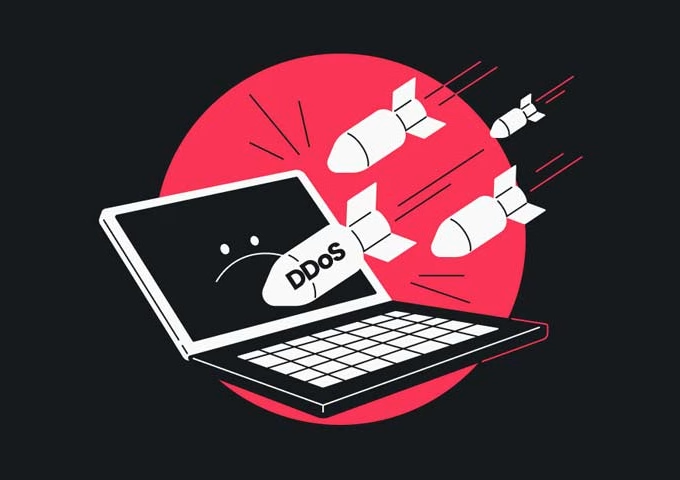Security experts consider access control one of the most important functions in information security. It enables teams to uphold three fundamental security principles: confidentiality, integrity, and availability.
Systems for logical and physical access control enable firms to meet their responsibility to safeguard workers, contractors, and visitors while lowering business risks. They achieve this by prohibiting improperly handling sensitive data such as client information, IP, etc.
Access Control
Logical access control keeps employees, patrons, equipment, documents, and other sensitive materials safe, tracks who is where reduces liability, and enables compliance. It is the first step to protecting the business and the assets it relies upon. It is also the foundation for an effective physical security plan, including fencing, gates, door and lock hardware, camera systems, card or fob readers, security guards, and other ancillary systems.
Whether your organization is a large corporation, small business, or private home, it’s critical to have comprehensive access control in place. While you can’t prevent every breach, a well-thought-out plan can significantly reduce your risk.
Various access control models vary in the degree of protection they offer, and you should carefully review which one will work best for your environment. For instance, role-based access control (RBAC) assigns privileges to a subject, such as an employee, client, or another person, based on the specific duties of that person’s job. In contrast, attribute-based access control (ABAC) determines access to resources by the type of information they are dealing with.
Identity Management
Keeping hackers out of sensitive data is the goal of any security mechanism, and access control is no exception. As hacking attacks increase in severity and frequency, enterprises need strong access controls that protect sensitive information from theft and abuse, even by trusted employees.
The most comprehensive access control systems combine administrative, physical, and technical measures to manage access and security. This includes everything from locking doors to password-protected applications and logging to monitoring and compliance.
Logical access control protects critical data, hardware, documents, and equipment from unauthorized users. It’s especially important in today’s “work from anywhere” culture because it helps prevent cyber-attacks, track users’ movements, and reduce the risk of unintentional data breaches.
Unlike physical access control, which uses credentials like access cards or PINs to restrict entry into a space or building, logical security uses identity and authentication protocols to verify user identities and authorize access. It also uses processes and rules to limit access and permissions based on specific times, entry requirements, types of objects or devices, and more.
Access Reporting
Access control is key to upholding information security principles such as confidentiality, integrity, and availability. It can prevent data breaches, limit unauthorized access to sensitive information and protect assets from theft or loss.
The most fundamental type of access control is ensuring that only authorized individuals may enter protected locations. This might be real, like a locked computer, or virtual, like a gated entry to a building. ACS systems can be programmed to grant permissions based on user roles, time of day, or other variables. For example, a company may have a high-security area that only contractors can enter during business hours. An ACS can be set to only let them in by entering their credentials into a reader at the lobby or on the building’s security door.
One of the best ways to ensure this is through a robust system that can prevent unauthorized access through brute force attacks, hacking, or other methods. It also requires proper monitoring and auditing, which are critical to meeting most compliance requirements. For example, Utah state computer systems face up to 300 million hacking attempts daily, which a well-designed access control system could prevent.
Auditing
A comprehensive access control policy will outline how an organization manages physical-, network-, system-, and application-level access. Role-based access control (RBAC) has emerged as one of the most popular models. This approach proactively assigns user permission levels based on their organizational roles. It provides more fine-grained control than MAC or DAC and is more effective at mitigating security risks. Logical access control ensures that sensitive information like customer data, database storage, client contracts, and intellectual property don’t fall into the wrong hands by restricting unauthorized user access to systems and devices. Similarly, physical access control can prevent employees and patrons from entering restricted areas and protect equipment, documents, and other assets.
In addition to defining which types of data and activities require strict control, an access management policy should also set clear requirements for password protection. Minimum length and character requirements, lockout policies, and rotation frequency should be enforced to discourage hackers from cracking passwords or bypassing access controls altogether. Additionally, an access control policy should establish a clear separation of duties and best practices for handling sensitive data, including limiting administrative accounts to only those who need them and using MFA where possible.

















